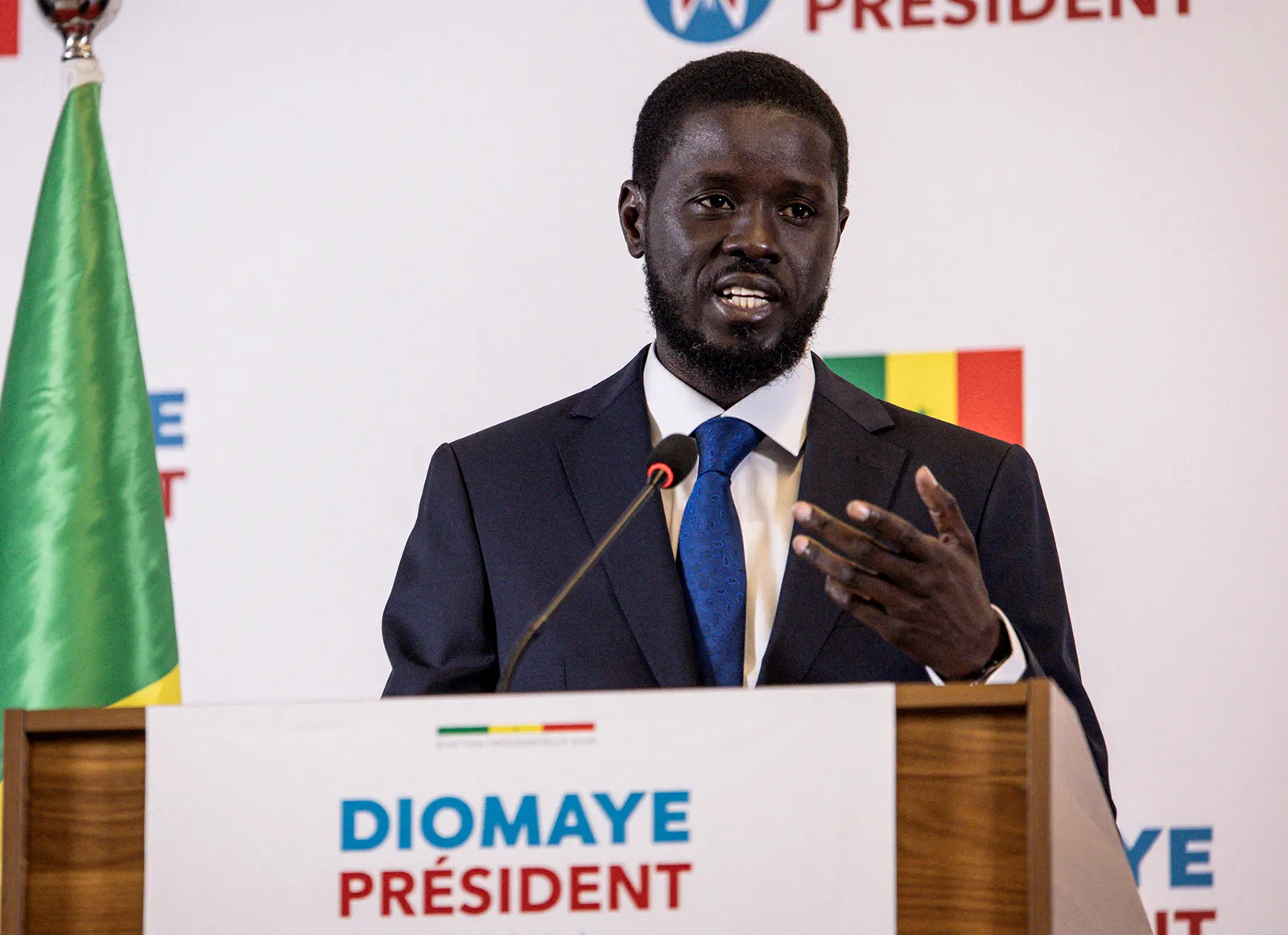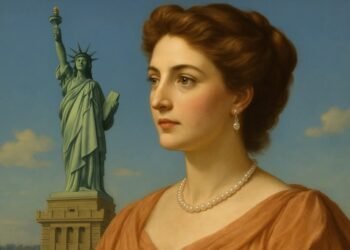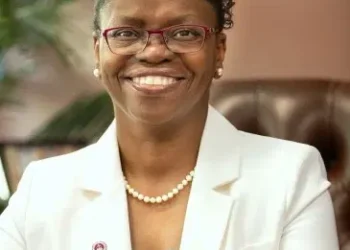
Senegal’s 5th Presidency—An Overview
The simple but historic handing over ceremony from President Macky Sall to President Bassirou Diomaye Faye, the new President of Senegal, on April 2, 2024, appears emblematic of a looming profound change in that country. This is not to undermine the fact that there have been remarkable changes at specific intervals in the country’s political firmament since her independence in 1960.
To begin with, Senegal has maintained an enviable record of never having tasted military rule, even when most of West Africa and particularly her neighbours, were all enmeshed in military dictatorships. True, the country did have a one-party system (described by some political observers as ‘a civilian form of military dictatorship’), dominated by the Socialist Party of Senegal, but the transformation imposed on the world by Mikhail Gorbachev’s twin policies of perestroika and glasnost (openness and change)—impacted on the cold war, lessened its negative effects and consequently unleashed unprecedented change on the politics of many countries as superpower rivalry eased—and did not leave Senegal out.
Multi-party democracy thus came to Senegal and cracked the hold of the Socialist Party on the country’s politics. It may not have eroded the impact of the nearly 40-year rule of that party on the country, but it found a good basis on which to thrive, as it helped to entrench party discipline and respect for political values among politicians in Senegal.
Poet and politician Leopold Sedar Senghor, whose famous poem on ‘Negritude’ remains an iconic and fitting expression of the reflections of the literary movement of the mid-20th Century that opposed French colonial rule and policy of assimilation, would be elected first president of Senegal at a most auspicious time in its post-colonial history (from 1960 to 1980). His Socialist Party of Senegal remained the only party in the country for almost 40 years. That was the party that had sought for the independence of Senegal and won the spoils of office after freedom came.
Senghor had been succeeded by President Abdou Diouf (January 1, 1981 to April 1, 2000), who ruled for 19 years before the benefits of the end of the Cold War ushered in democratic changes in the country’s political landscape that saw serial Presidential candidate, Abdoulaye Wade of the Senegalese Democratic Party, ousting the 39-year old reign of the Socialist Party in the country’s next election. That was surely and unarguably a new dawn and the harbinger of multi-party politics in Senegal.
Subscribe To Unlimited Premium Digest.
This is premium content. Subscribe or Login to read the entire article.
Subscribe
Gain access to all our Premium contents.More than 1,000+ Articles, News, & Scholarships.



































































 EduTimes Africa, a product of Education Times Africa, is a magazine publication that aims to lend its support to close the yawning gap in Africa's educational development.
EduTimes Africa, a product of Education Times Africa, is a magazine publication that aims to lend its support to close the yawning gap in Africa's educational development.

